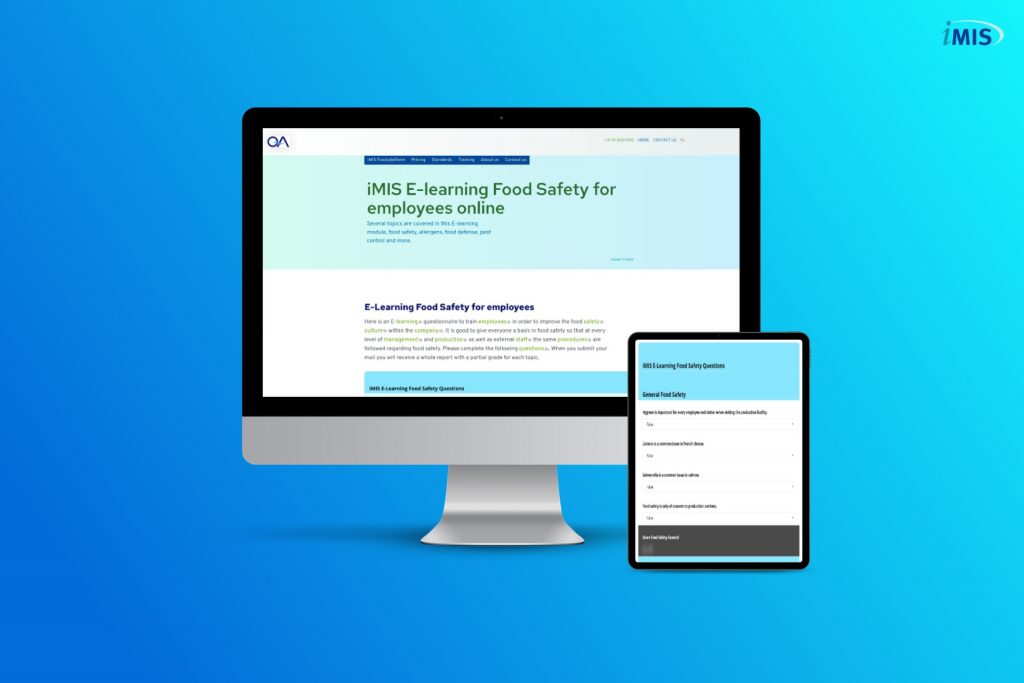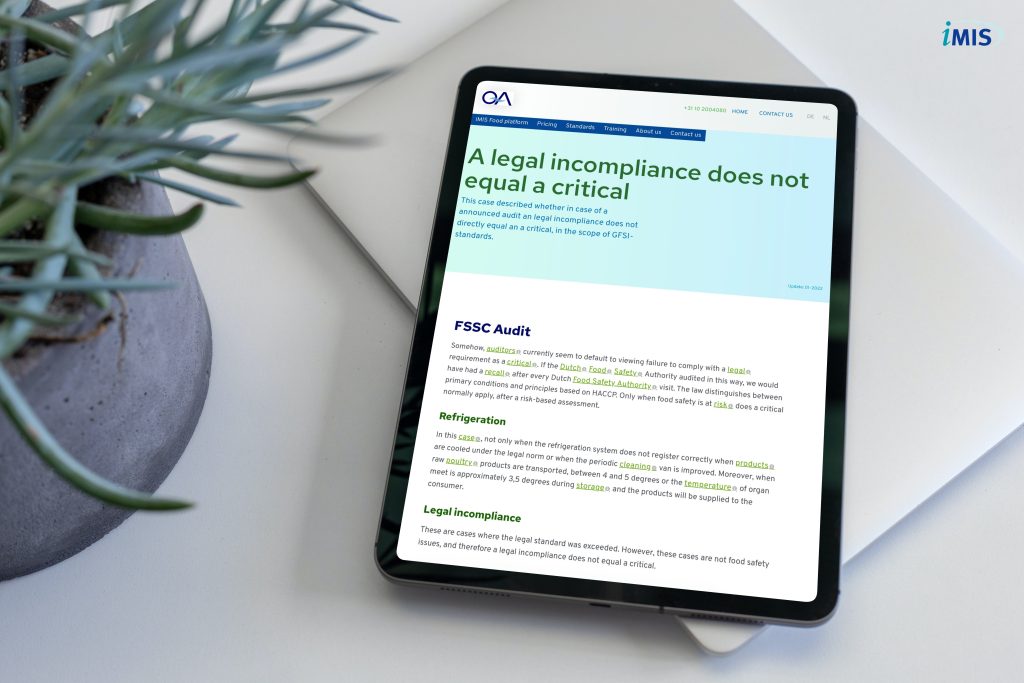Purpose of the position Technical Service
Technical Service purpose includes: Performing preventative and corrective maintenance. Repairing malfunctions and performing maintenance and modification activities on production installations and equipment so process stagnation is kept to a minimum.
Tasks / responsibilities / authorizations Technical Service
Correction of malfunctions in the mechanical, pneumatic, hydraulic, electrotechnical, and (limited) control technology areas (checking set values, resetting) in production equipment, installations, and utility facilities on the basis of reports received and in such a way that production activities can be carried out from a technical and safety point of view and stagnation is kept to a minimum.
This includes:
- Locating faults and fault causes.
- Assess the nature and scope and determine whether immediate repairs are necessary or possible, determine whether third-party mechanics should be called in and report to the production management.
- Informing the production management about more specialized interventions (especially in the field of control technology).
- Performing (emergency) repairs in consultation with the production management.
- Assisting in the implementation of more extensive repairs by third parties and guiding third-party technicians.
- Cooperate with suppliers to install lines and installations in order to become familiar with the technical aspects of the new equipment.
- Carrying out, and having third parties carry out, periodic inspections in mechanical, electrical, and civil engineering in such a way that the technical conditions are recognized in time and corrective actions can be taken. To this end, among other things:
- Assessing the state of maintenance on the basis of checklists and recording findings.
- Repairing (imminent) defects as much as immediately possible.
- Reporting the findings to the production management stating their nature and seriousness.
- Perform corrective maintenance resulting from inspections, at scheduled times (in consultation with production management).
- Registering the work performed using the system (Ultimo)
- Drafting a maintenance plan for the machines, if not yet available.
- Ensuring the tools, installations, and equipment are inspected on time (in accordance with legal requirements) and required certificates are present. This includes the steam boiler, hoists, electrical installation, hand tools, cold installation, pipes (hot water and steam), and etc.
- Ensure that the necessary documents are available with the equipment, tools, and installations and that the work performed (such as maintenance and inspections) is carried out and registered in accordance with the requirements. Keep logbooks.
- Ensure that appropriate safety data sheets and product information are available with the agents used.
- Performing daily maintenance and other activities include:
o Lubrication of various equipment in accordance with the lubrication plan;
o Maintain, adjust, calibrate the waste water unit;
o Recording the various meter readings;
o Water softening;
o Ordering chemicals (via buyer)
- Carrying out (possibly via third parties) modification and overhaul work on the basis of orders and instructions from the production management. Making proposals to improve certain situations.
- Keeping equipment and working environment tidy and clean, and compliance with health and safety, environmental, quality and company regulations. Product safety must not be endangered during the activities and hygiene rules must be applied. Cleaning of the work environment is done in accordance with instructions.
- The management of the parts warehouse and the use stock warehouse. Provide the necessary materials and tools and, if necessary, order parts from the procurement department for maintenance and repairs.
- Maintaining knowledge of machines / installations / equipment. Advising on the right choice for replacement / improvement.
- Instructing and guiding the production personnel with regard to the operation of machines and equipment.
- Signaling unsafe situations and equipment. Provide information to staff to prevent and monitor these situations. Make improvements in consultation with the production management to prevent such situations.
- In-house emergency response in case of calamities (potential firefighting, switching off equipment, etc.)
- Developing a calibration schedule for the various measuring equipment and ensuring that calibration and adjusting take place.
Training requirements
- Secondary technical school level obtained through training and / or experience. All-round technician with knowledge of electrical engineering and mechanical engineering and, to a certain extent, information technology.
- Knowledge with regard to hygiene.
ARBO
Various operations with machines can generate noise. Floors can be slippery. Work may have to be carried out in cold rooms. There may be physical strain. There is possible work with hazardous substances and welding fumes. Required PPE: safety shoes, hearing protection, and, if necessary, protective clothing, gloves, mask, welding fume extractor. Instructions and information are included in the links below.
Replacement
Externally or by colleague.
Related articles to What does the work of the Technical Service include?
Many customers and visitors to this page 'What does the work of the Technical Service include?' also viewed the articles and manuals listed below:



